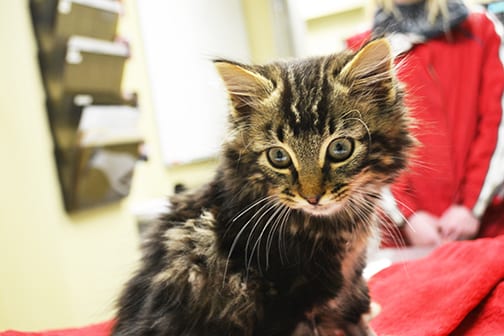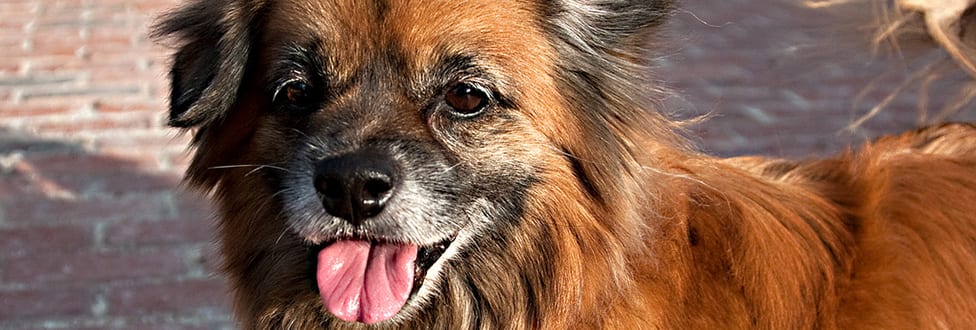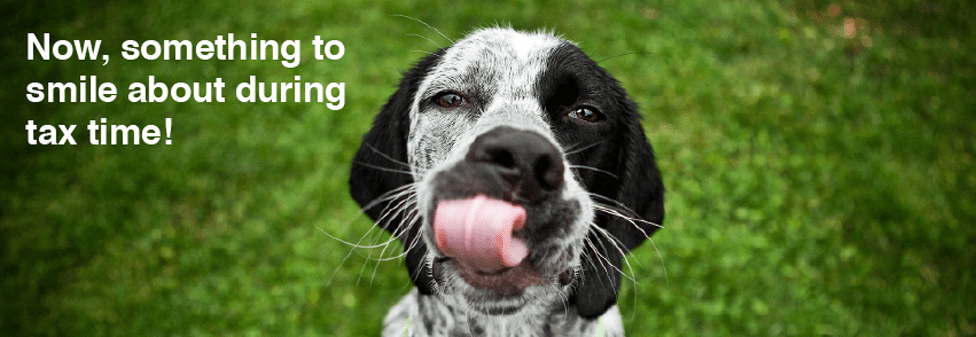ARL Recognizes Supporters at Whiskers & Wine
ARL staff, donors, Board members, and President’s Council members celebrate achievements in animal welfare
Earlier this month, over 100 of the ARL’s biggest supporters came together at the Fairmont Copley Plaza in Boston for the much-anticipated Whiskers & Wine Annual Meeting and President’s Council Spring Social. The group included corporate sponsors, as well as members of our Board of Directors and our President’s Council, individuals who donate $1000 or more to help animals in need.
The event was held to celebrate the achievements in rescuing animals from suffering, cruelty, abandonment, and neglect, all made possible thanks to the support of our generous donors.
Thanks to the wonderful staff at the Fairmont Copley Plaza, guests enjoyed delicious passed hors d’oeuvres, sipped sparkling wine, and chatted with fellow animal-lovers.
During the speaking portion of the casual cocktail event, special guest host Cha-Chi Loprete, animal welfare supporter and marketing director at WZLX, and speakers including ARL President Mary Nee, ARL Board chair Malcolm McDonald, ARL vice president of animal welfare Dr. Smith-Blackmore, and ARL director of marketing and development Ami Bowen talked about the impact of their donations on the thousands of animals who received care through ARL programs and services each year.
The speaking program concluded with an emotional video illustrating how ARL donors’ generous contributions help the animals who come to our three shelters get the care they need to find a new home.
THANK YOU once again to our generous donors for expressing your love of animals, compassion, and kindness through your support of the Animal Rescue League of Boston!
And a special thank you to our special guest host and corporate supporters of the Whiskers & Wine event…
Cha-Chi Loprete
Hingham Savings Bank
Robert Paul Properties
Unit Realty
ProPrint
Polkadog Bakery
Russo’s
Brookline Bank
Halliday Construction
Winthrop Wealth Management
Zipcar
Fairmont Copley Plaza
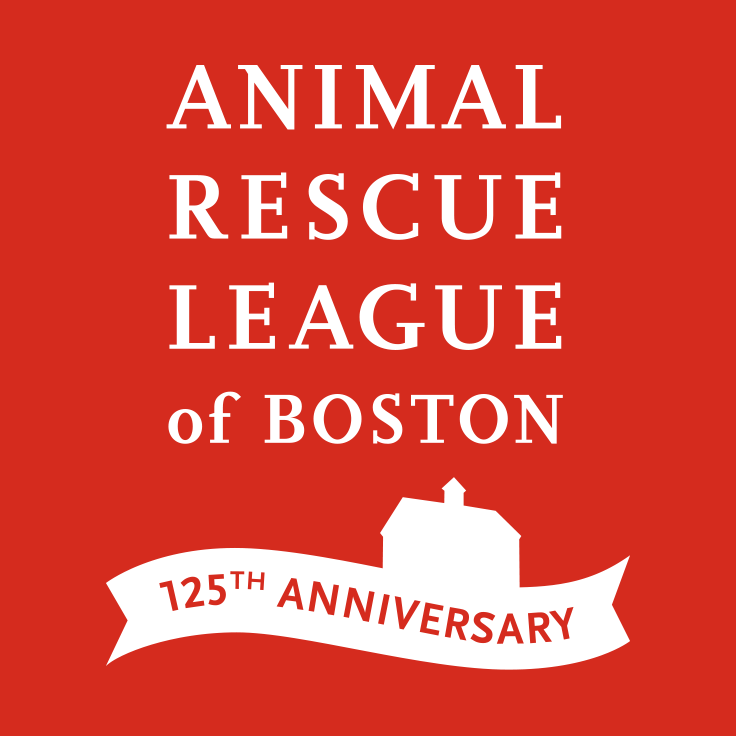


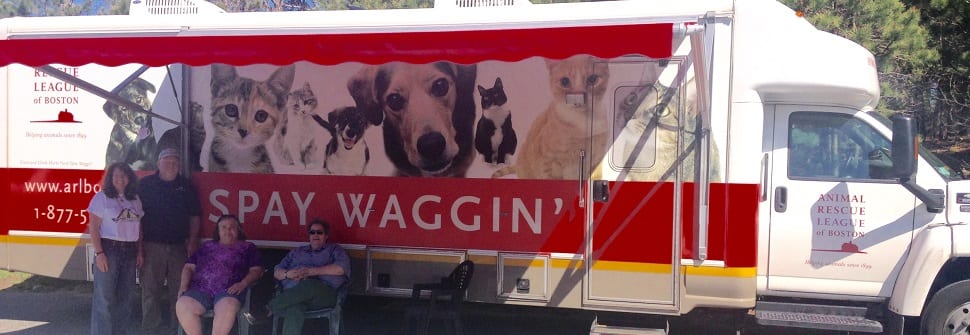


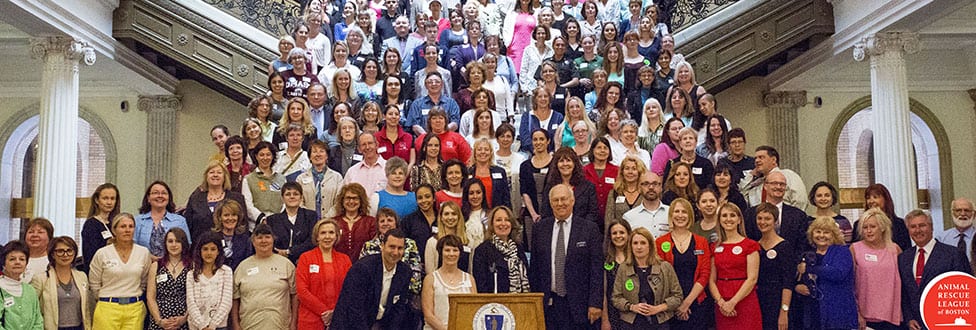



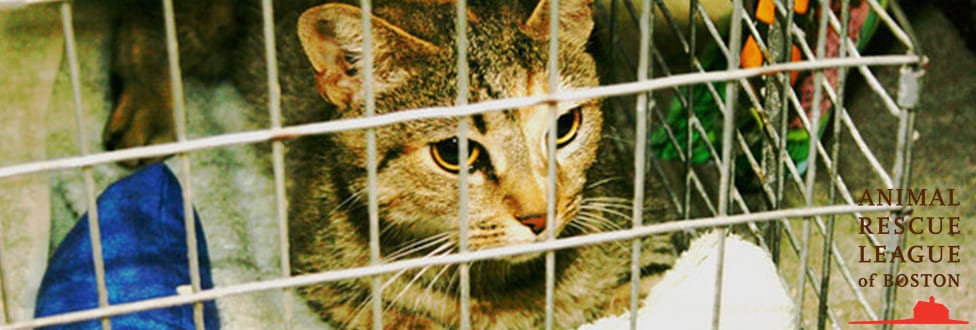


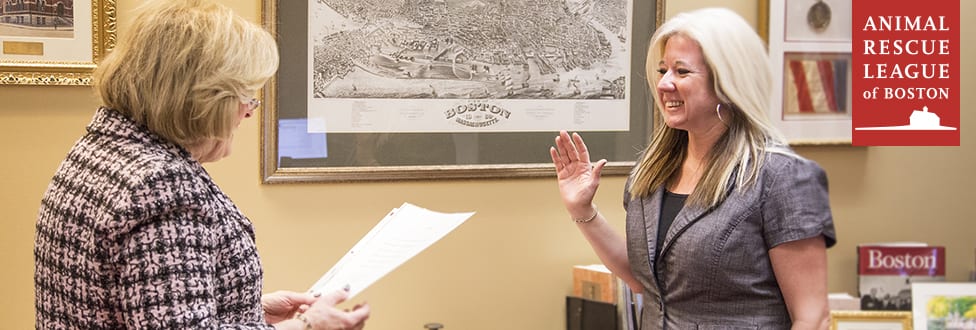

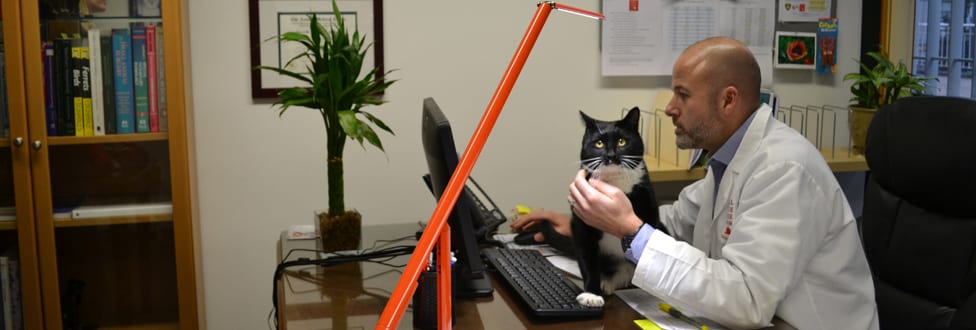



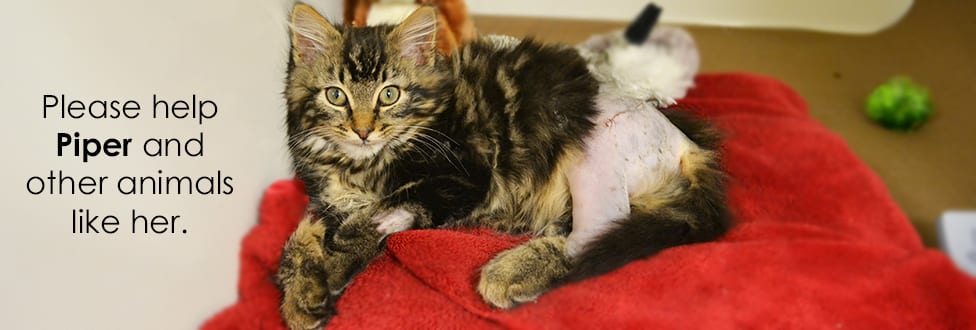
 The Animal Rescue League of Boston’s (ARL) newest addition, little Piper the kitten, is recovering from delicate surgery performed on Monday to repair her broken back leg.
The Animal Rescue League of Boston’s (ARL) newest addition, little Piper the kitten, is recovering from delicate surgery performed on Monday to repair her broken back leg.
